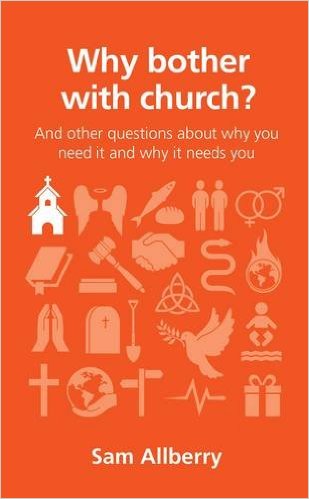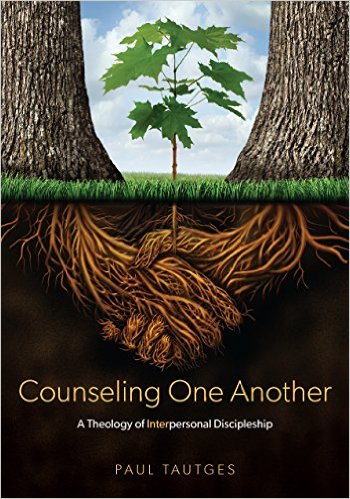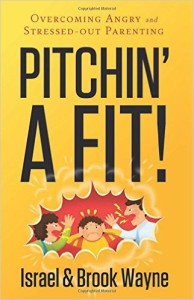David Powlison’s new book Good and Angry: Redeeming Anger, Irritation, Complaining, and Bitterness looks to reveal the nature of anger and equip Christians to use it for good rather than evil. He first unpacks how we experience anger and reveals how we all have a problem with anger. Then he explores the nature of anger through the eyes of both a theologian and counselor, showing both how it can be a good thing but also reveals how for most it’s a negative thing. The third section of the book gives practical application on how to change from our negative uses of anger toward positive ones that flow from mercy and love. Last he deals with particularly hard cases: never getting over something, everyday irritability, anger at yourself, and anger at God.
When reading this book I was often reminded of the Dallas Willard quote how “Emotions make excellent servants but terrible masters.” Powlison does a wonderful job pushing its readers to make anger a good servant. He defines anger as the “active displeasure toward something that’s important enough to care about” (39), which indeed can be an excellent servant in the Christian tradition as it propels people to combat injustice throughout its history. In a moral universe, anger is a good necessity.
However, for most of us, anger has become a terrible master many times over. We become irritable over little things, argumentative, bitter, violent, or self-righteous. Throughout the book, Powlison shows from psychology, physiology, and Scripture what anger is about and how to work towards a use of anger that aids rather than detracts from the Christian witness. While he gives the readers tools throughout, he also recognizes the need of the Spirit to actually accomplish such a task. Without the Spirit, no matter how hard we try, anger will always be a problem.
I also like how each chapter concludes with good, diagnostic questions to help readers contemplate and use the material in each chapter. I’ve found in many books that the end of chapter questions don’t guide readers well, but Powlison’s book is the exception. I think his experience as a counselor has aided him here.
Overall, I would highly recommend this book for personal benefit to help others deal with this emotion that so easily becomes a master that takes us away from design of God. I know it was helpful for me.
I received a free copy of this book in exchange for a review. I was not required to write a positive review.




 252.264.2254
252.264.2254
 820 Old Okisko Rd
820 Old Okisko Rd
 Email us
Email us
 facebook.com/ecityemc
facebook.com/ecityemc